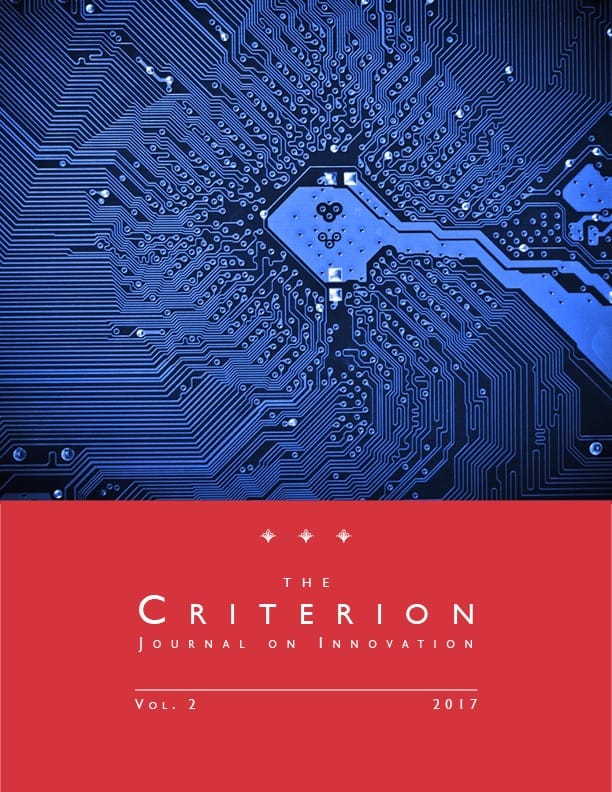The Tempting of American Antitrust Law: An Open Letter to President Trump
Purchase a reprint version of the Article (Amazon) | Read the Article (PDF) | Download the Article (PDF) Download the Article (PDF)The greatness of American antitrust law derives from its having been forged since 1890 by federal judges who distilled general principles from individual cases actually litigated on a factual record and scrutinized under the Federal Rules of Evidence—including government cases in which the Antitrust Division or the Federal Trade Commission (FTC) bore the burden of proof. But today the Division and the FTC are commissariats dispensing ukases of “soft law” through guidelines, business review letters, speeches, press releases, and raised eyebrows. They avoid litigating because they lose too often when they need to convince a federal judge of the righteousness of their interpretations of the law.
The degeneration of U.S. antitrust enforcement has global ramifications. Citing an “abuse of dominance,” foreign enforcers routinely threaten to punish the most successful American multinational companies that compete with or supply their national champions. These foreign enforcers pursue what are, by American standards, implausible theories of liability that most U.S. district judges would quickly discern to be unsupportable by facts and sound economic analysis. Typically, these foreign enforcers also deny American companies the due process that the U.S. Constitution would guarantee a defendant in any American courtroom. The latest example occurred in December 2016, when the Korean Fair Trade Commission (KFTC) imposed an $865 million fine on Qualcomm, the U.S. pioneer in cellphone technology. In its press release announcing the fine, the KFTC acknowledged the assistance of Korea’s national champion, Samsung.
The ease with which antitrust enforcers in countries like Korea and China can flagellate an American multinational can corrode the rule of law within the United States. It is tempting for American antitrust enforcers to encourage their foreign counterparts to prosecute American multinationals under more parsimonious standards of due process and more invasive theories of antitrust liability than American law would ever permit. The practical economic effect of the foreign prosecution can be to produce a result having extraterritorial effect throughout the world—even in the United States, where the conduct is lawful.
President Obama’s Antitrust Division, encouraged by several Silicon Valley giants, pivoted from being an enforcer of U.S. antitrust law to being a global industrial planner that favored some business models in the technology sector over others. The Division then concocted and disseminated soft law in the form of speeches and business review letters that favored the economic interests of the Silicon Valley giants. Such edicts circle the globe in a mouse click and abet antitrust enforcers in Korea and China, as well as Europe.
By executive order, President Trump should instruct his administration that no official of the U.S. government may aid a foreign antitrust authority (1) that seeks to prosecute an American company doing business in its jurisdiction on a theory of “abuse of dominance” that would be unlikely to withstand a motion to dismiss if instead pleaded under U.S. antitrust law in an American court or (2) that employs investigatory or judicial procedures that lack the fundamental fairness that American justice requires. President Trump should appoint to the Antitrust Division and the FTC only persons who are willing to bear the burden of proving in federal court that the interpretation of antitrust principles that they espouse deserves to be called the law of the United States.

Cite as
J. Gregory Sidak, The Tempting of American Antitrust Law: An Open Letter to President Trump, 2 Criterion J. on Innovation 201 (2017).
